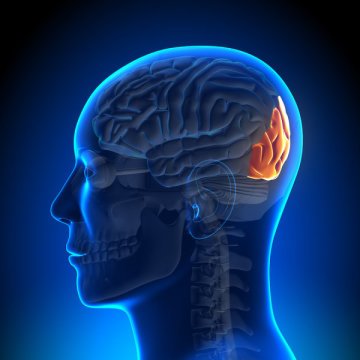Catch a virus by its tail
Viruses are masterful invaders. They cannibalize host cells by injecting their genetic material, often making thousands of copies of themselves in a single cell...
Treats might mask animal intelligence
Rewards are frequently used to promote learning, but rewards may actually mask true knowledge, finds a new Johns Hopkins University study with rodents and...
Small, hardy planets most likely to survive death of their stars
Small, hardy planets packed with dense elements have the best chance of avoiding being crushed and swallowed up when their host star dies, new...
It’s not just fish, plastic pollution harms the bacteria that help us breathe
Ten per cent of the oxygen we breathe comes from just one kind of bacteria in the ocean. Now laboratory tests have shown that...
Generating high-quality single photons for quantum computing
MIT researchers have designed a way to generate, at room temperature, more single photons for carrying quantum information. The design, they say, holds promise...
Revolutionary approach to storing and using carbon, and the impressive effort it will take...
With global emissions continuing unabated, climate change is proceeding at a startling pace. But a team of scientists from UC Santa Barbara and RWTH...
Flu virus’ best friend: Low humidity
Yale researchers have pinpointed a key reason why people are more likely to get sick and even die from flu during winter months: low...
Room for thought: Brain region that watches for walls identified
To move through the world, you need a sense of your surroundings, especially of the constraints that restrict your movement: the walls, ceiling and...
Coastal organisms trapped in 99-million-year-old amber
Most amber inclusions are organisms that lived in the forest. It is very rare to find sea life trapped in amber. However, an international...
Forecasting the hunt for the first supermassive black holes
It is believed that the formation and growth of most galaxies across the history of the universe has been fueled by supermassive black holes...
Great chocolate is a complex mix of science, physicists reveal
The science of what makes good chocolate has been revealed by researchers studying a 140-year-old mixing technique.
Scientists have uncovered the physics behind the process...















